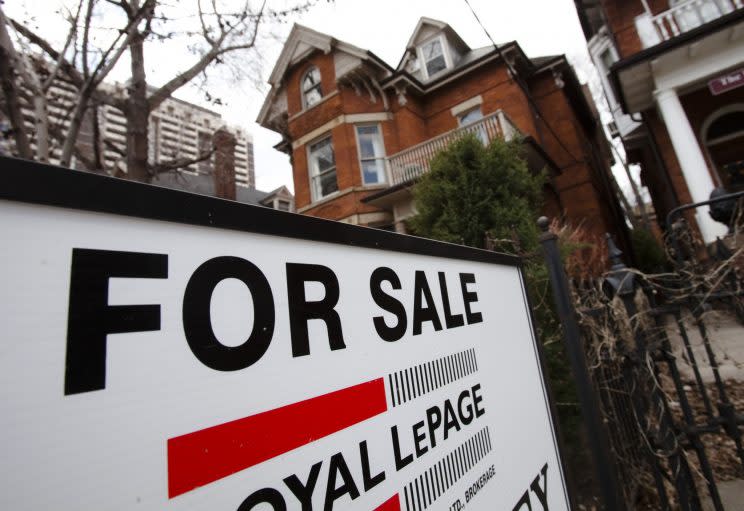Forget to report your principal residence at your own peril

Canadian home-sellers heading into the holidays flush with cash from the year’s red-hot housing market could face a rude awakening in the New Year from the Canada Revenue Agency facing new primary residence reporting rules for 2016.
“The principal residence exemption is one of those tax ideas that Canadians think they have a really good handle on but actually I think it’s suffered one of the worst rounds of broken telephone out there,” says Robert Handelman, vice president of tax and wealth at Natixis Global Asset Management (NAGM) Canada. “There’s a lot of misconception.”
In simplified terms, the principal residence exemption (PRE) allows a home seller to skirt the taxes on capital gains, provided they’re selling a primary home. But in October, Finance Minister Bill Morneau introduced tax changes to the PRE, requiring Canadians to report every sale of a principal residence on their tax return, whether they owe the tax or not – starting with dispositions in 2016. The new reporting rules are meant to nip foreign owners who are buying and selling investment properties and “forgetting” to report.
According to Handelman, the changes dredge up the rather murky definition of “primary residence” making it all the more murky for Canadians who stand to save (or lose) tens-to-hundreds of thousands of dollars in taxes.
“The CRA defines (principal residence) is a pretty broad category – the usual suspects like a house, cottage, apartment, condo and even more obscure things like a mobile home or houseboat can qualify,” says Handelman. But the CRA’s wording surrounding what qualifies is a principal residence is a place you “ordinarily inhabit”.
“Everyone seems to believe that you have to live in your property for a minimum of one year to qualify for the exemption… actually it couldn’t be further from the case,” he says. “Even if you’re a person that inhabits a property or a housing unit for a short period of time during that year, that could more than sufficient for the house to be considered ordinarily inhabited.”
But if you have multiple properties, you’re going to have to pick and choose because you’re only allowed to designate one property per year of ownership as your PRE, explains Handelman. And it should be the one with the highest capital gain.
Once you’ve designated your PRE, the paperwork isn’t overly taxing, says Aurèle Courcelles, assistant vice president of tax and estate planning at Investors Group. All they want to know is what the address is, the date of the acquisition and how much you sold it for.
“By giving them the date of acquisition they know that you’re claiming it from that date,” explains Courcelles. “So if you bought in 1990, (you’re) claiming from 1990 until 2016 when you sold it, next time you sell a property they will know you cannot claim any years from 1990 to 2016 for any other property.”
Canadians will also be able to make amendments to their designated PRE if they forget to make the designation from 2016 on. But it will come with a price – $100 for each month the designation is late up to $8,000 (whichever is less.)
“They’re new (rules) and I’m sure a lot of people will get tripped up and assume it’s the status quo: ‘I sold my home and it’s not taxable and I don’t have to do anything,’ ” says Courcelles. “But if the CRA finds out later, they will come back and assess and have the ability to penalize.”

 Yahoo Finance
Yahoo Finance 